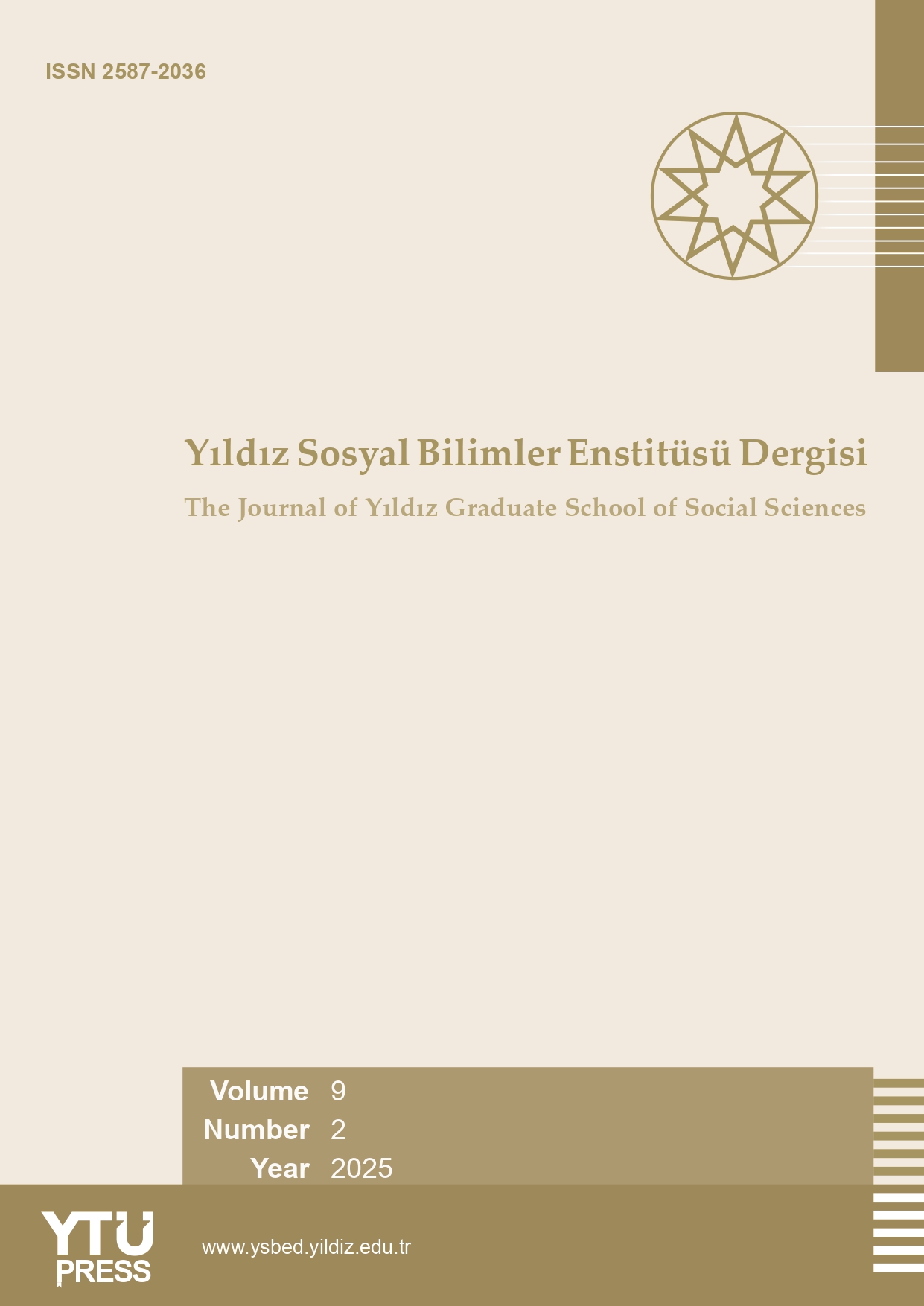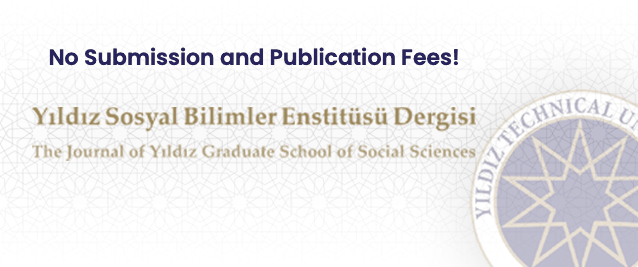Abstract
David Fincher’s Fight Club stands out as a work that deeply examines the perception of modern masculinity. The film focuses on the main character’s internal conflicts, the depression he experiences, and the pressures of modern society on masculinity. The film attempts to explain the consequences of the expectations imposed by the perception of modern masculinity. The factors that affect this situation are demographic structures such as society, culture, economy, and consumption patterns, as well as mass media. The imposed restrictive patterns can affect men’s emotional health, relationships, and identities. Along with these, the research also addresses the periodic differences in the concept of masculinity. Within this framework, the functionality of the study is examined by examining the changing perceptions and various search methods in the light of expectations. In the film, the character represents the desire to defy the pressures stemming from social expectations and the search for an alternative model of masculinity. While criticising the coercive effects of the perception of masculinity, the film questions the boundaries of gender roles. Fight Club reflects the desire to get rid of a “consumer masculinity” shaped by social expectations and consumer culture. The most distinctive feature of the film is that physical violence and fighting are among the main themes and this shows that the perception of masculinity is associated with aggression, power and brutality. However, Fight Club does not only glorify physical violence, it also questions the problems underlying the perception of masculinity. The main character’s journey shows that true freedom can be achieved by discovering one’s own identity and breaking away from the roles imposed by society.
David Fincher’in Dövüş Kulübü filmi, modern erkeklik algısını derinlemesine inceleyen bir yapıt olarak ön plana çıkmaktadır. Film, ana karakterin içsel çatışmalarını, yaşadığı buhranı ve modern toplumun erkeklik üzerindeki baskılarına odaklanmaktadır. Film modern erkeklik algısı ile dayatılan beklentilerin sonuçlarını açıklamaya çalışmaktadır. Bu duruma etki eden faktörler toplum, kültür, ekonomi ve tüketim şekilleri vs. gibi demografik yapılar, kitle iletişim araçları ile rol almaktadır. Dayatılan sınırlayıcı kalıplar erkeklerin duygusal sağlığını, ilişkilerini ve kimliklerini etkileyebilmektedir. Bunlarla beraber araştırma, erkeklik kavramının dönemsel farklılıklarını da ele almaktadır. Bu çerçevede araştırmanın işlevselliği, beklentilerin ışığında değişen algılar ve çeşitli arayış şekilleri ile çalışmada konu edilmiş ve irdelenmiştir. Filmde karakter toplumsal beklentilerden kaynaklanan baskılara karşı gelme isteğini ve alternatif bir erkeklik modeli arayışını konu etmektedir. Film, erkeklik algısının zorlayıcı etkilerini eleştirirken, toplumsal cinsiyet rollerinin sınırlarını da sorgulamaktadır. Dövüş Kulübü, toplumsal beklentiler ve tüketim kültürü tarafından şekillendirilen bir “tüketici erkeklik” ten kurtulma isteğini yansıtmaktadır. Filmin en ayırıcı özelliği, fiziksel şiddetin ve dövüşün ana temalar arasında yer alması ve bunun erkeklik algısının agresyon, güç ve vahşilikle ilişkilendirilmesini göstermesidir. Ancak Dövüş Kulübü, sadece fiziksel şiddeti yüceltmekten ziyade, katmanlı yapısıyla erkeklik algısının altında yatan sorunları da sorgular. Ana karakterin yolculuğu, gerçek özgürlüğün kendi kimliğini keşfetmek ve toplumun dayattığı rollerden sıyrılmakla elde edilebileceğini göstermektedir.












